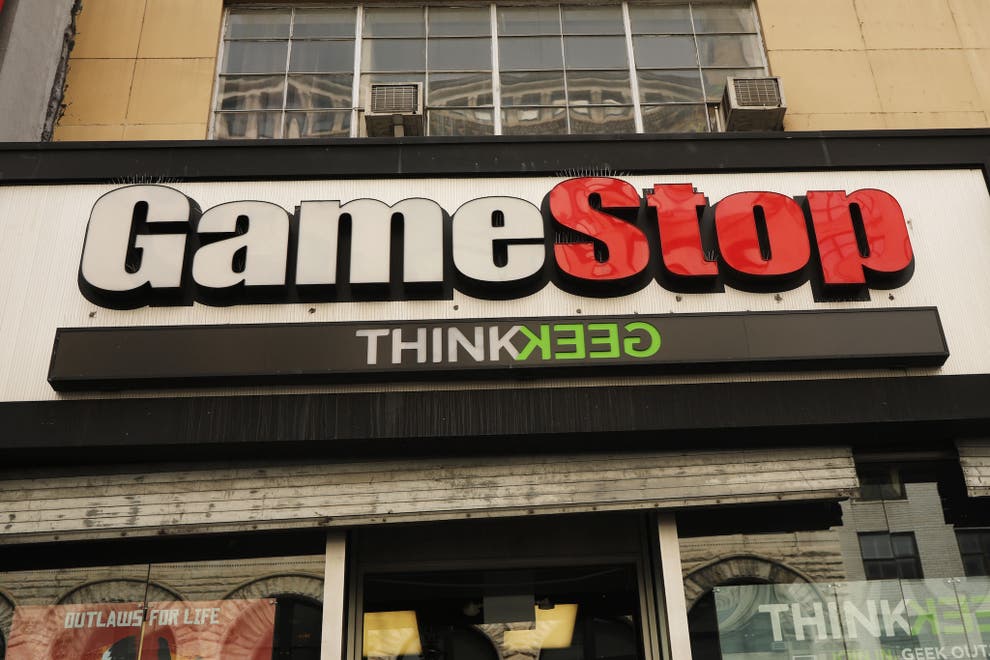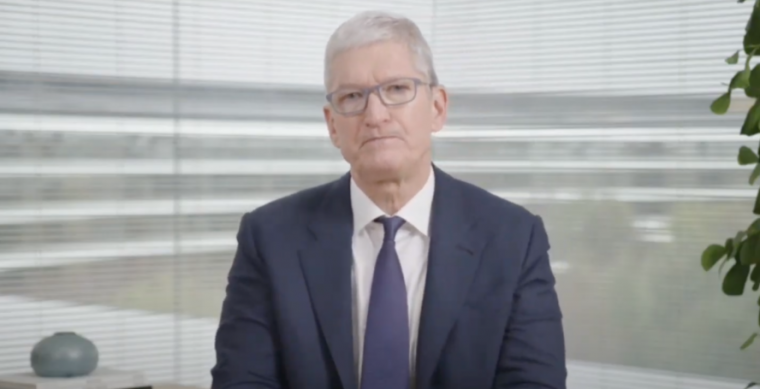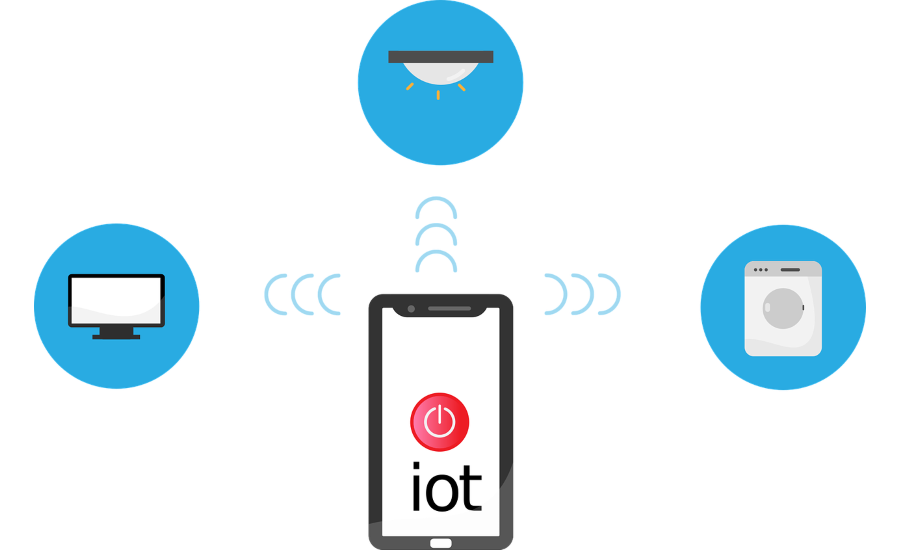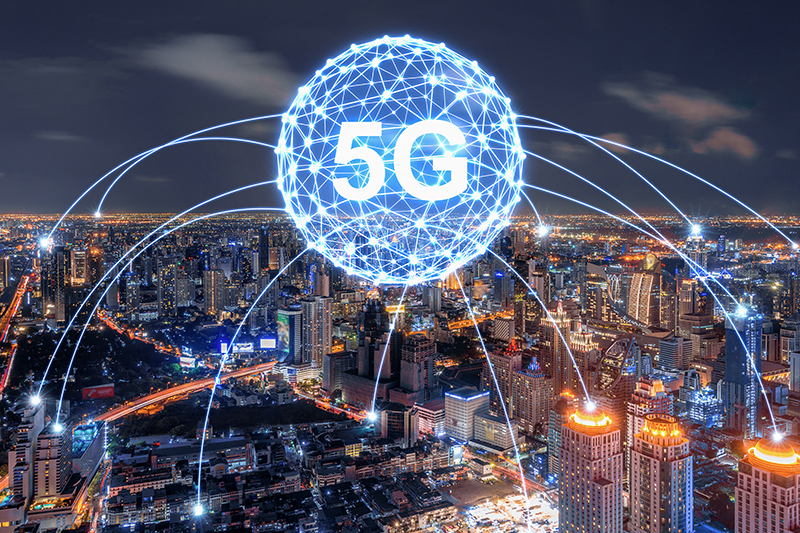Find out the week’s top mobile stories from around the world. This week.. Robinhood Down: Stock Trading Apps Break Once Again As Markets Open Amid Reddit Frenzy, every crazy thing that happened in Apple and Facebook’s privacy feud, Hong Kong eyes push on mobile phone SIM cards and much more…

Robinhood Down: Stock Trading Apps Break Once Again As Markets Open Amid Reddit Frenzy
Independent
Stock trading apps are breaking once again as markets open.
Platforms are apparently unable to cope with the vast amount of interest in buying equities, spurred by an ongoing battle between Reddit and Wall Street.
Major trading app Robinhood said it was experiencing “degraded performance” over a variety of its services. It said that its iOS, Android and web apps were “experiencing a service disruption” and that it was also “experiencing issues with equities, options, and crypto trading”.
Read more…
Every crazy thing that happened in Apple and Facebook’s privacy feud today
Ars Technica
Today, Apple announced plans to finally roll out its previously delayed change in policy on apps’ use of IDFA (ID for Advertisers) to track users for targeted advertising. The feature will be in the next beta release of iOS 14 (the company just rolled out the public release of iOS 14.4 this week) and will reach all iOS devices supported by iOS 14 “in early spring.”
Apple made the announcement with a white paper and Q&A targeted at its users. To illustrate the benefits Apple claims the change will offer to users, the document describes in detail a typical scenario where a father and daughter would have data about them tracked and updated while doing normal, everyday things in the current digital ecosystem.
Hong Kong eyes push on mobile phone SIM cards that could stoke privacy fears
Reuters
Hong Kong is canvassing public opinion over a real-name registration system for mobile phone SIM cards, in a bid to fight crime in the Chinese-ruled city, it said on Friday, a move that is likely to stoke concerns over privacy.
Many countries have such registration systems, but some people in Hong Kong fear such a change could assist a crackdown on dissent that began with Beijing’s imposition of a sweeping national security law last year.
Currently only mobile users on SIM service contracts must register actual personal details in Hong Kong, though anyone can buy a pre-paid SIM card from most convenience stores.
Read more…
Grindr is fined $11.7 million under European privacy law.
New York Times
The Norwegian Data Protection Authority said on Monday that it would fine Grindr, the world’s most popular gay dating app, 100 million Norwegian kroner, or about $11.7 million, for illegally disclosing private details about its users to advertising companies.
The agency said the app had transmitted users’ precise locations, user-tracking codes and the app’s name to at least five advertising companies, essentially tagging individuals as L.G.B.T.Q. without obtaining their explicit consent, in violation of European data protection law.
Read more…
If IoT devices are being cyber-certified, why aren’t mobile applications?
Security Magazine
Within the last several years alone, billions of mobile apps have been downloaded by consumers to their smartphones. From chat and messenger, to medical and banking portals that store highly sensitive personal intelligence – information, entertainment, and engagement between companies and their consumers are at the simple touch of a fingertip at all times. Consumers are drawn to the quick accessibility and ease of use, and for companies – the development and launch of the platforms as an extension of their brand has a low cost and barrier to entry that makes it a no brainer for business.
Read more…
How 5G is set to impact video surveillance and the wider physical security industry
IFSEC Global
It’s been a few years coming, but 5G (5th Generation) mobile telecommunications is becoming a reality in more towns and cities around the UK and in many other countries. Its exponents say it is set to revolutionise what we can do wirelessly in terms of higher speeds, considerably reduced latency, and the networking together of potentially billions of IoT devices.
Without doubt, this revolution will affect the physical security industry, not least in the video surveillance arena. According to research from Gartner, outdoor surveillance cameras will be the biggest market for 5G IoT solutions until 2022, when they will be surpassed by connected vehicles. The reasons cameras are playing such a big role is that video surveillance systems often span large sites or city locations and being located outdoors, require cellular connectivity.
Read more…
Data mined from IoT devices will ‘breed’ next new Uber
Smart Cities World
Data mined from user interactions with ‘things’ rather than digital services will create a wealth of rich data, enabling new business models, and the creation of new products and services.
Data collected from Internet of Things (IoT) devices is set to unlock “significant innovation” over the coming years and could lead to the creation of the next new Uber or Netflix, according to IoT connectivity specialist Esye.
In its IoT Trends to Watch in 2021 report, it says as more IoT devices are deployed and the data they generate dwarfs that collected through traditional online channels, what organisations will be able to do with that data is set to “dramatically shift” in 2021 and beyond.
Read more…
Can You Earn Bitcoins from Mobile Phones In 2021?
Telemedia Online
Which assets have performed the best in the last decade? This question always takes traders by surprise. Some say equity stocks, some say gold, some say real estate, and the list keeps going. However, they forget cryptocurrencies. And to your surprise, crypto assets have performed the best in the last decade.
After being introduced in the market, the price of the first-ever cryptocurrency, bitcoin, was $0. By March 2010, the price rose to $0.003. And as we speak, the current value of the bitcoin is $10,400. That means the price of bitcoin has increased by three million times! The increase in cryptocurrency usage has given rise to a new gold in digital currency. Bitcoins are also called ‘Digital Gold’.
And if there is anything that has created more impact than cryptocurrencies, it is definitely the growth of smartphones. Over time, the cost of having a personal computer (smartphones can do as much as them) in your pocket has dramatically reduced.
Read more…
Spotify wants to suggest songs based on your emotions
BBC
Spotify has patented technology that will allow it to analyse your voice and suggest songs based on your “emotional state, gender, age, or accent”. The patent, which was filed in 2018 and granted on 12 January, would allow the streaming giant to “make observations” about a user’s environment and emotions using speech recognition technology.
Spotify could then play music reflecting their mood or even their social setting – “e.g. alone, small group, party,” according to the patent. If implemented, the feature will presumably boost the streaming statistics for Lesley Gore’s It’s My Party (And I’ll Cry If I Want To).
Read more…
Mobile gamers would rather watch ads than pay for in-game currency
Mumbrella
When it comes to the cost and monetisation of mobile games, most Australians are satisfied with transparency from developers around costs, while more prefer to watch an advertisement rather than spend real currency on a game.
The insights were released following a mobile gaming study by market research and tech company Toluna, which surveyed 1,008 mobile gamers in Australia aged 16 to 45.
Toluna found that mobile gamers understand the presence of ads is necessary in mobile games, but desire more incentive or rewards for taking the time to watch in-game ads.













